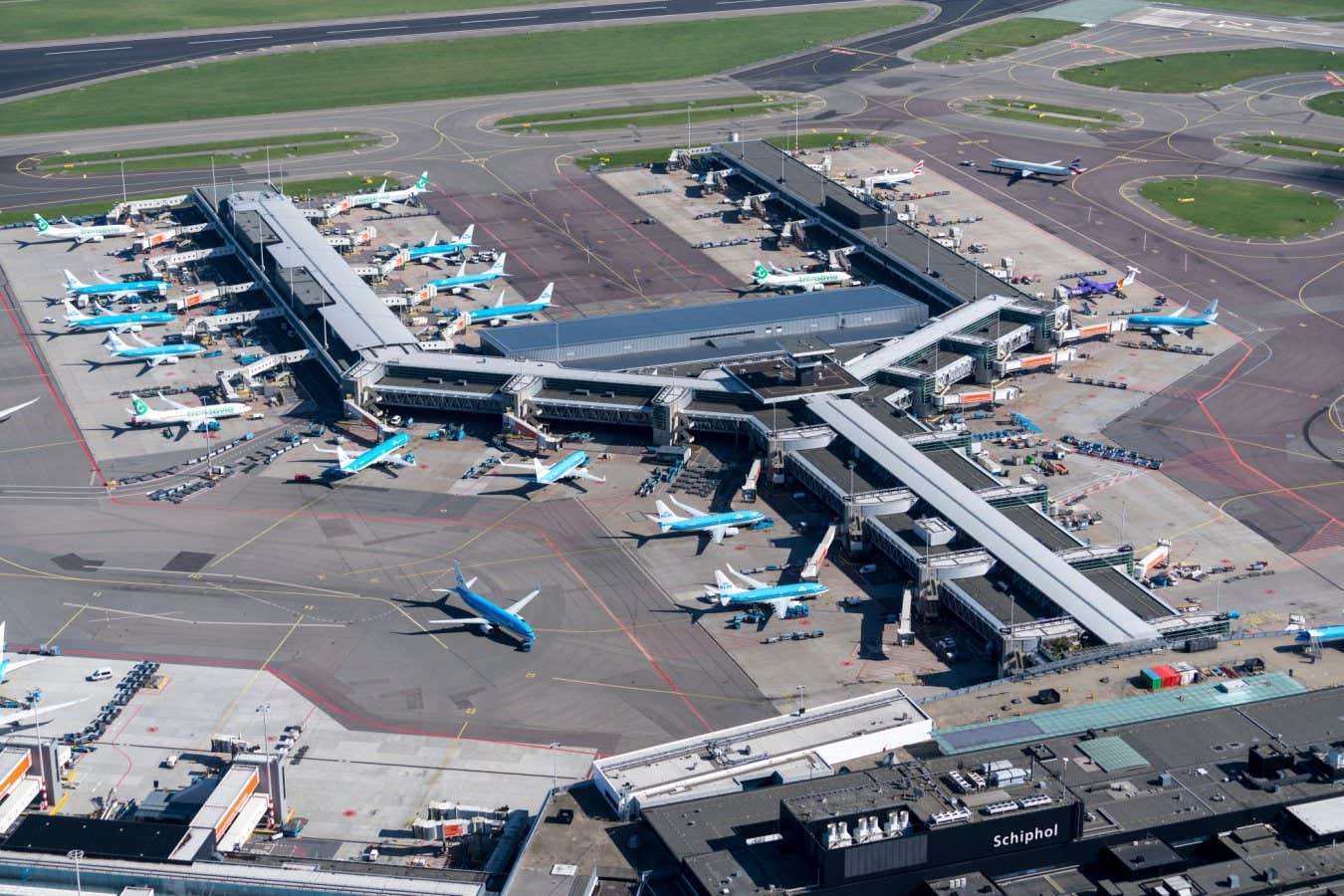More than 50 million people living near airports in Europe may be at risk of health impacts from a little-studied form of air pollution produced at high levels by aircraft engines
By Michael Le Page
24 June 2024
Jet engines produce large amounts of ultrafine particles
Aerovista Luchtfotografie/Shutterstock
The health of more than 50 million people living within 20 kilometres of the busiest airports in Europe is being harmed by high levels of ultrafine air pollution emitted by jet engines, according to a study commissioned by the campaign group Transport & Environment (T&E).
Some other studies suggest that ultrafine particles can increase the risk of respiratory diseases, cardiovascular diseases, neurological conditions, diabetes and pregnancy issues, says Daan van Seters at consultancy CE Delft in the Netherlands. Based on these studies, his team has now tried to estimate the Europe-wide impact.
Read more
Are you truly healthy? These new tests provide the ultimate check-up
Advertisement
However, ultrafine pollution is a little-studied aspect of air pollution and there are big uncertainties. “The research in this area is scarce and evidence is often not conclusive,” says van Seters.
Much research on particulate air pollution has focused on particles smaller than 2.5 micrometres in diameter, known as PM2.5. Ultrafine particles are a subset with a diameter of less than 0.1 micrometres.
“That makes them very dangerous, because, being so small, they can get very, very deep into the human body,” says Carlos López de la Osa at T&E.
